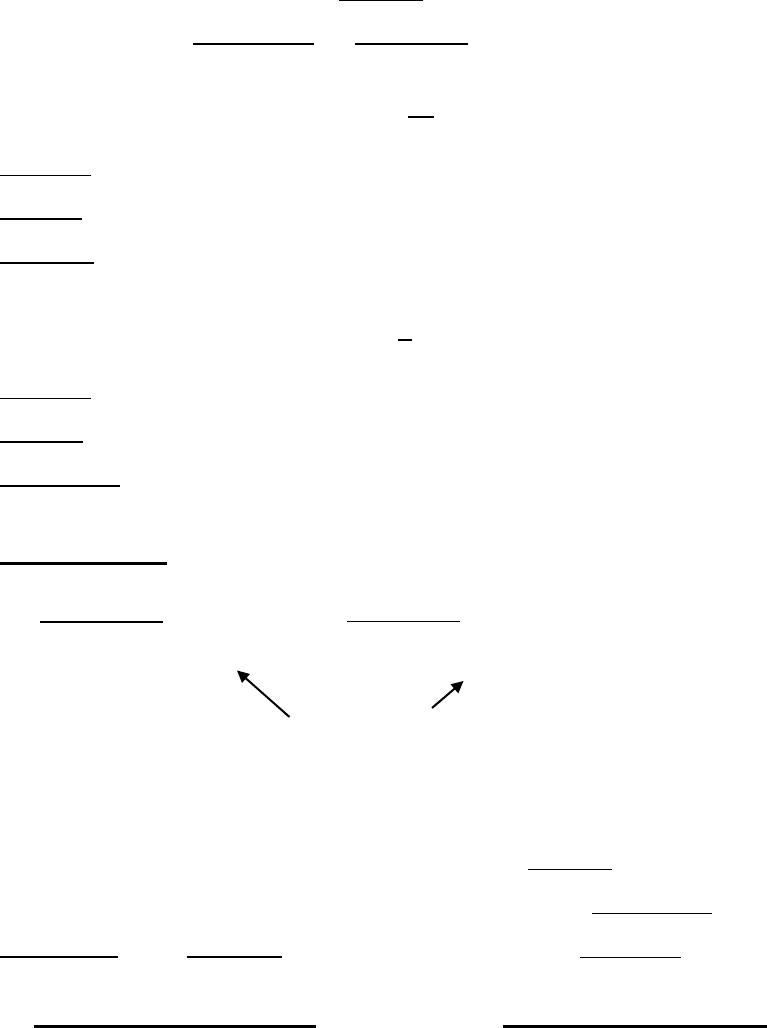
Me llamo ___________________________. Adjective Agreement Notes
La fecha ___________________________ Español 7 [1.09]
In Spanish, all nouns have gender.
They are either masculine or feminine.
Masculine nouns usually end in o:
el chico the boy
el libro the book
el perro the dog
Feminine nouns usually end in a:
la chica the girl
la casa the house
la carpeta the folder
ADJECTIVES
An adjective is a word that describes a noun.
Example: tall tree
adjective noun
Gender and Number
In Spanish, adjectives must agree with the gender of the noun it
describes. Just like nouns, Adjectives are either masculine or
feminine. The gender of the adjective usually depends on the noun.
Agreement
feminine adjectives
morena
antipática
alta
trabajadora
fácil
masculine adjectives
moreno
antipático
alto
trabajador
fácil

Adjectives in Spanish must agree in gender
and number with the noun that it is describing.
• If the noun is singular, the adjective must be singular.
• If the noun is plural, the adjective must be plural.
To make a noun or adjective plural:
If the noun/adjective ends in a vowel, add -s
example: bonita bonitas
la chica bonita las chicas bonitas
If the noun/adjective ends in a consonant add es.
example: fácil fáciles
el examen fácil los exámenes fáciles
But…
If the noun/adjective ends in z.
Change the z to c and then add es
example:
el lápiz grande los lápices grandes
